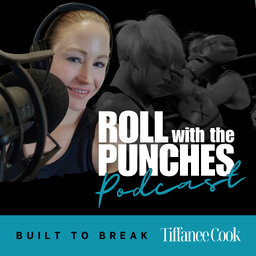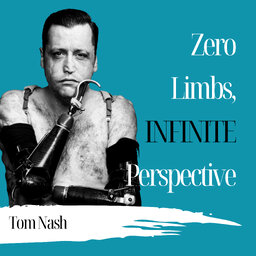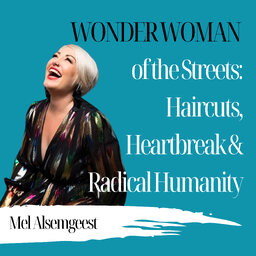Rewriting The Rules | Carla Raynes - 862
What happens when you take an unstoppable advocate for youth homelessness, mix in some fiery passion for social change, and sprinkle it with raw authenticity? You get Carla Raynes, founder and CEO of Bridge It, and one of the most inspiring humans I’ve had the privilege of meeting.
Carla shares the power of stepping outside of societal labels and redefining what it means to be a leader, a woman, and a change-maker. Carla shares the journey of building Bridge It - an organisation tackling youth homelessness in a way that feels more like home and less like a broken system. From empowering traumatised young women to reclaim their lives to calling out systemic flaws with unfiltered honesty.
We talk about letting go of the 'busy badge', stepping into productivity, and learning to scream (literally) into the void to release what no longer serves us. Carla opens up about her own wake-up call, a health scare that led her to reevaluate her life and reclaim time for herself - something we can all learn from.
Plus, we explore the difference between being 'nice' and being 'kind', why women are conditioned to play small, and how challenging those outdated narratives can unlock a whole new level of impact. Carla’s mission? Supporting amazing women to do amazing things. And after this chat, YOU might just feel like one of them.
SPONSORED BY TESTART FAMILY LAWYERS
Website: testartfamilylawyers.com.au
CARLA RAYNES
Website: bridgeit.org.au
TIFFANEE COOK
Linktree: linktr.ee/rollwiththepunches/
Website: tiffcook.com
LinkedIn: linkedin.com/in/tiffaneecook/
Facebook: facebook.com/rollwiththepunchespodcast/
Instagram: instagram.com/rollwiththepunches_podcast/
Instagram: instagram.com/tiffaneeandco
 Roll With The Punches
Roll With The Punches


